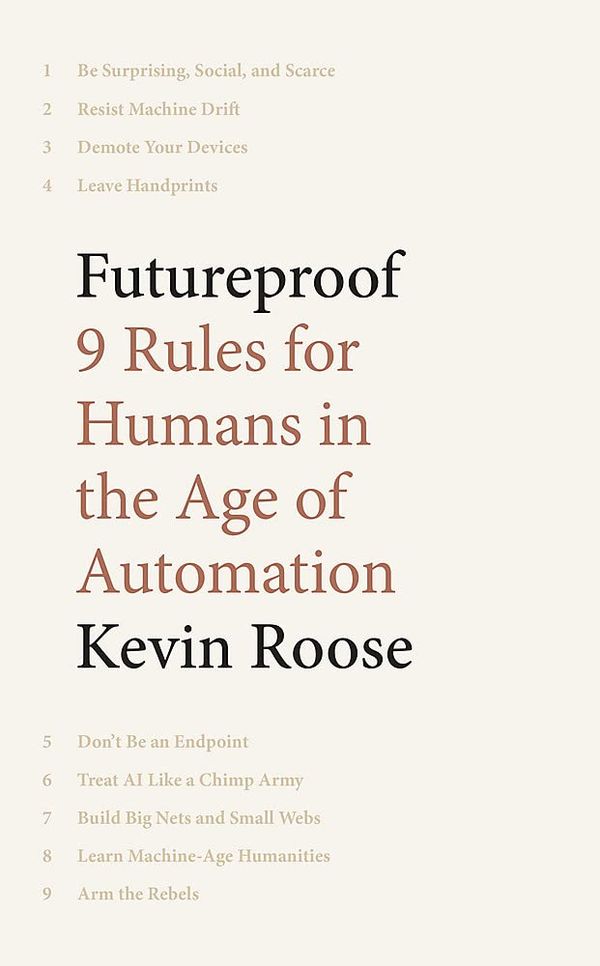It’s not a future scenario anymore. We’ve been taught that to compete with automation and AI, we’ll have to become more like the machines themselves, building up technical skills like coding. But, there’s simply no way to keep up. What if all the advice is wrong? And what do we need to do instead to become future-proof?
We tend to think of automation as a blue-collar phenomenon that will affect truck drivers, factory workers, and other people with repetitive manual jobs. But it’s much, much broader than that. Lawyers are being automated out of existence. Last year, JPMorgan Chase built a piece of software called COIN, which uses machine learning to review complicated contracts and documents. It used to take the firm’s lawyers more than 300,000 hours every year to review all of those documents. Now, it takes a few seconds and requires just one human to run the program. Doctors are being automated out of existence, too. Last summer, a Chinese tech company built a deep learning algorithm that diagnosed brain cancer and other diseases faster and more accurately than a team of 15 top Chinese doctors.




